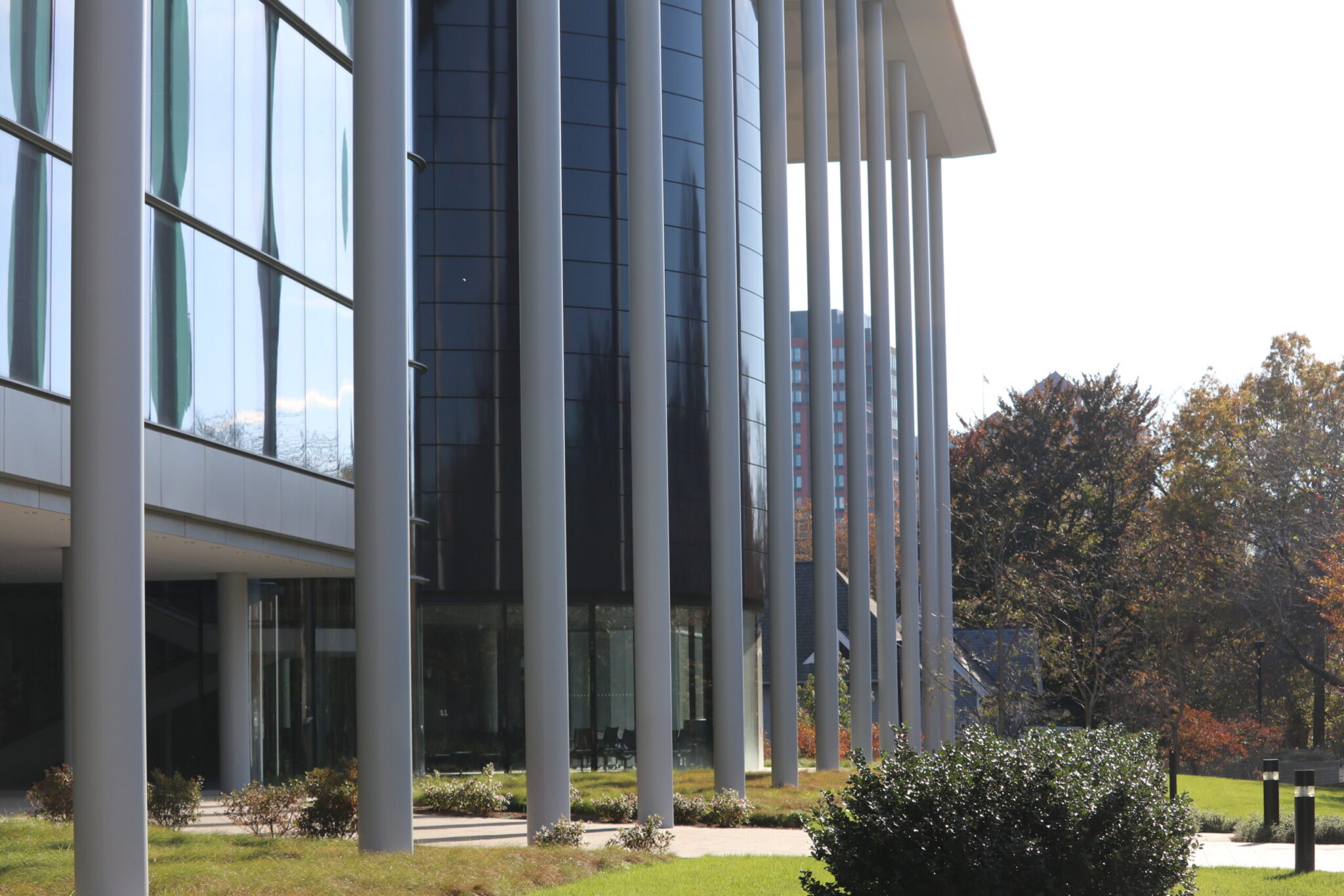Vaccine delivery initiative co-led by SOM professor expands in rural Sierra Leone
The initiative will contribute to increased accessibility of vaccines and treatments in Sierra Leone with the support of a new grant.

Kai Nip
With a new $673,000 grant from The Mercury Project, a consortium of scientists supporting public health guidance, a vaccine delivery initiative co-led by School of Management professor Mushfiq Mobarak is expanding in rural Sierra Leone.
The initiative is a collaborative effort between Mobarak and two European academics including Niccolò Meriggi, postdoctoral research fellow in economics at Oxford University, and Maarten Voors, associate professor at the Development Economics Group at Wageningen University in the Netherlands. The initiative’s efforts began in 2022 when the three economists visited remote villages in Sierra Leone to study reasons for low COVID-19 vaccination rates and found that it was not vaccine hesitancy but rather transportation issues that posed the greatest challenge to vaccine accessibility in these regions.
“For the average Sierra Leonean early in the pandemic, it was taking, according to their own reports, about three and a half hours each way to get to the nearest vaccination center just because [vaccines] were not widely being widely distributed,” Mobarak told the News. “There was really a problem about access, and it was obviously the biggest problem in most remote places.”
Mobarak, Meriggi and Voors’ initiative attempted to solve this problem. According to them, delivering COVID-19 vaccines to these remote communities by motorbikes and boats increased vaccination rates from between nine people and 55 people per village.
The researchers are collaborating with the Ministry of Health in Sierra Leone to discuss how this approach can address more healthcare priorities in remote villages.
“This model is not to be seen as a substitute to clinics but rather as a complement to make access easier and for people to gain more confidence in the services that clinics can provide,” Meriggi told the News.
The new grant, given to Wageningen University will now be used to expand the initiative and increase access to more healthcare services in Sierra Leone.
One idea the researchers mentioned is bundling vaccines and other essential medications to be delivered to remote regions for a more comprehensive, cost-effective approach.
“So we’re now working to extend beyond just vaccine access to other health products,” Voors told the News. “So think about vitamins or think about minerals, zinc … all these things that have a cost of access issue.”
Mobarak is also working on health intervention projects in Bangladesh and Nepal focused on incentivizing the adoption of technologies that improve health.
Mobarak, Meriggi and Voors further highlighted potential global applications of their vaccine delivery project.
“Globally, this approach works in places where health infrastructure is missing,” Voors said. “So that is the larger point that we wanted to make that extends way beyond COVID itself.”
According to a 2017 report from the World Bank and World Health Organization, at least half of the world’s population is not able to obtain essential health services.







